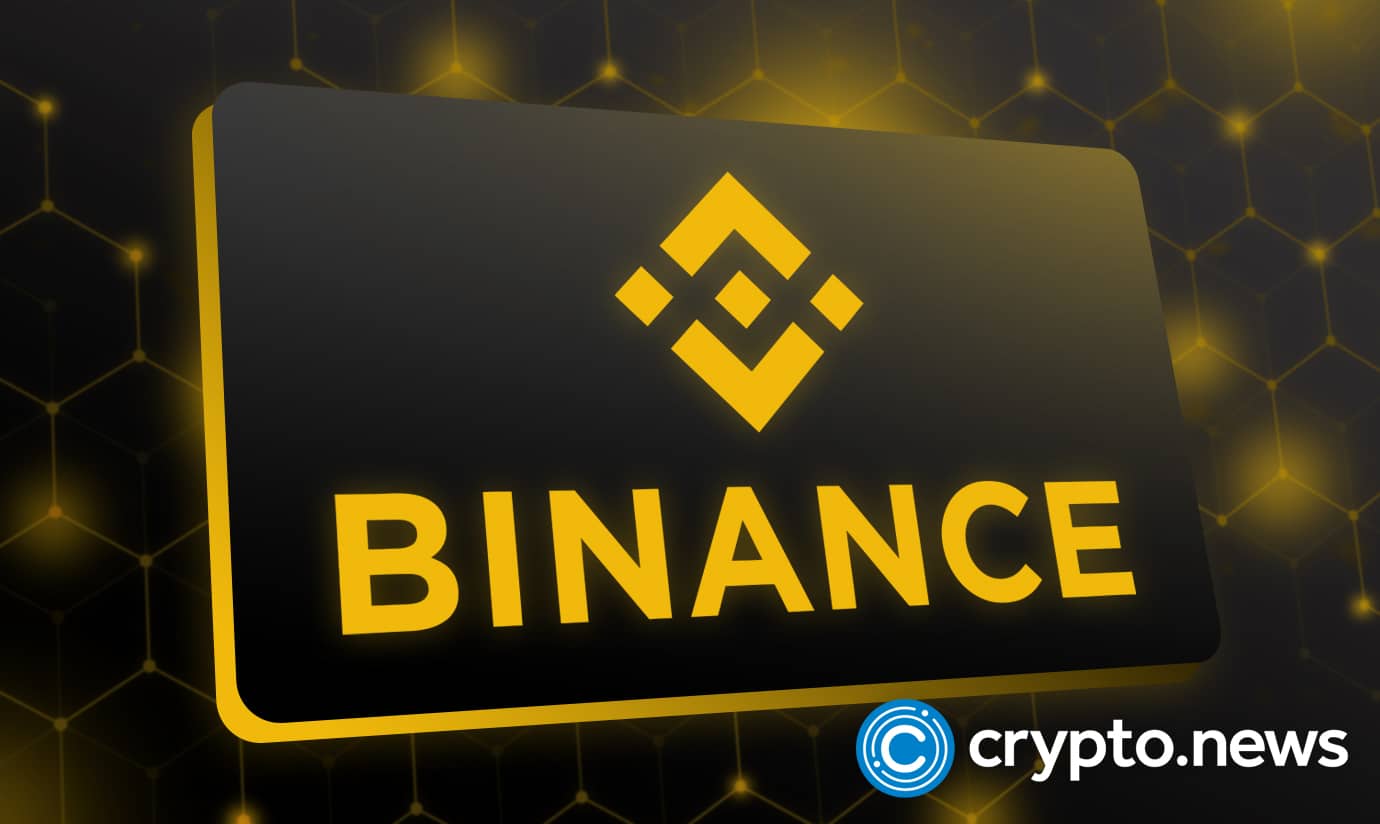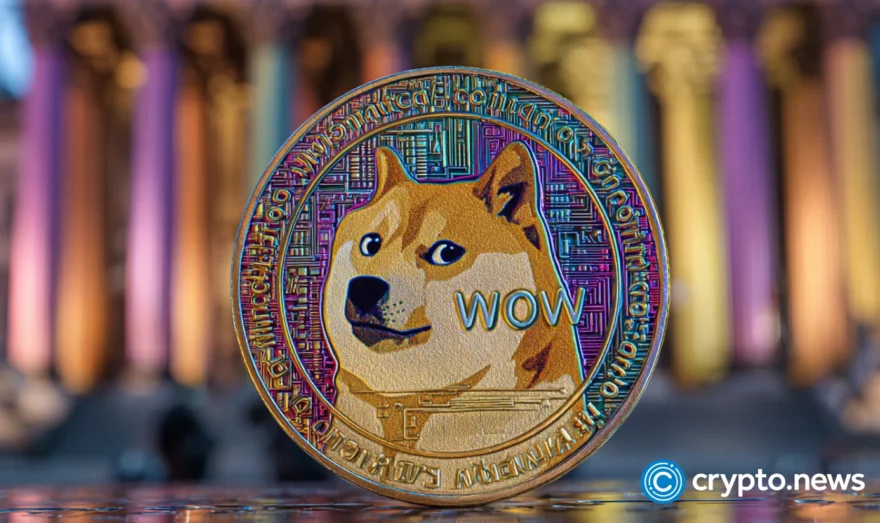Binance partners with MasterCard in Brazil

Binance, the world’s largest crypto exchange, has announced a partnership deal with MasterCard to launch a prepaid card in Latin America’s largest economy Brazil. The move comes as part of strategic moves by Binance to expand the crypto industry and bring digital assets’ utility to mainstream adoption.
Binance and MasterCard form alliance
Binance and Mastercard announced plans to launch a prepaid card in Brazil. Brazil is one of the largest economies in Latin America and serves as a great hub to kickstart the project.
According to information surfing the internet, Binance Card is currently under testing in the beta stage and will launch in the next few weeks. Brazil will second Argentina in receiving the card. Binance launched the prepaid card in Argentina last in Aug 2022.
To qualify for the Binance prepaid card ownership, users must complete all KYC regulations, including submitting valid Identity Cards. The prepaid card will be able to be used online and for physical purchases, as users can use it to complete crypto payments in more than 90 million online and physical stores.
The card will work with 13 cryptocurrencies, including bitcoin (BTC), ethereum (ETH), and Binance’s stablecoin BUSD.
For every transaction, the card will charge a fee of 0.9% and 8% cashback with crypto. All ATM withdrawals will be free of charge, unlike traditional debit and credit cards issued by financial institutions in the banking sector.
Brazil steps toward crypto adoption
The general manager of Binance Brazil, Guilherme Nazar, mentioned in a press release that it has always been an important financial hub of Binance as far as local crypto users are concerned. Guilherme Nazar said Brazilian citizens have always contributed to the exchange’s blockchain projects.
Brazil is offering strong support for cryptocurrencies.
A study conducted by Mastercard reveals that out of more than 200 million people, 49% have completed a crypto transaction in the last 12 months. The figure is relatively higher compared to the global percentage of 41%.
The project is also set to run smoothly since the Latin American country legalized crypto as a payment option.
















